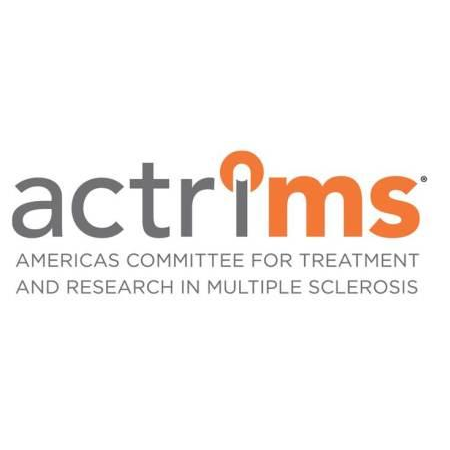
Glatiramer Acetate Depot Injection Shows T1 and T2 Lesion Reduction in Relapsing MS

Secondary findings from a phase 3 study demonstrate a significant decrease in new T1 enhancing lesions and new enlarging hyperintense T2 lesions in patients with multiple sclerosis undergoing glatiramer acetate depot treatment.
News from the phase 3 multinational, double blind, placebo-controlled study (NCT04121221) in patients with relapsing forms of
In the primary analysis, a 30% statistically significant reduction of annualized relapse rate (ARR) was observed in the GA Depot arm compared with placebo (P = .0066).2 The first secondary end point of cumulative newly enhancing T1 lesions displayed a 28.5% reduction in the GA Depot arm (P = .0083), while the second secondary end point showed a 17.3% reduction of cumulative number of new or newly enlarging hyperintense T2 lesions displayed at week 52 in GA Depot-treated patients (P = .0305).1 The mean Expanded Disability Status Scale (EDSS) scores also demonstrated a consistent and statistically significant (P = .0193) reduction in the GA Depot arm.
Findings were presented in a poster at the annual
Patients (n = 1016) recruited for the study were between 18 and 55 years old and experienced at least 1 relapse in the 12 months prior to screening or 2 relapses in the 24 months prior. Participants were randomly assigned to receive GA Depot 40 mg or placebo every 4 weeks for 52 weeks. The primary end point was ARR, with the MRI-based secondary end points to follow, and a phase 2 open-label extension study (NCT03362294) was available to patients who completed the randomized controlled trial (RCT) period. Between the arms, baseline characteristics held similar.
Additionally, the treatment arm experienced an expected higher incidence to treatment emergent adverse events (TEAEs). The most common TEAEs were injection site reactions, though they were mostly mild. The compliance rate was approximately 99% for the total remaining patients in the study. Among those patients that completed RCT, 93.4% continued to the open-label period study.
GA Depot is composed of extended-release microspheres that are administered intramuscularly, typically every 28 days. The administration of the regimen is expected to result in fewer injection site reactions compared with other GA products, according to Mapi. Investigators noted that the regimen offers a preferable schedule in comparison to current regimens of GA, which may potentially improve patient satisfaction and treatment outcomes.1
Previously, at the
REFERENCES
1. Miller AE, Popper L, Berger JR, et al. Results of a Phase III, Multinational, Double Blind, Placebo-Controlled Study in Subjects with Relapsing Forms of Multiple Sclerosis to Assess the Efficacy, Safety and Tolerability of GA Depot, a Long-Acting IM Injection of Glatiramer Acetate, Administered Once Every Four Weeks. Presented at ACTRIMS Forum 2023; February 23-25; San Diego, California. Abstract P087.
2. Mapi Pharma Announces Positive Top-Line Results from GA Depot Phase III Trial for Relapsing forms of Multiple Sclerosis (RMS). News release. Mapi Pharma. September 21, 2022. Accessed February 23, 2023. https://mapi-pharma.com/mapi-pharma-announces-positive-top-line-results-from-ga-depot-phase-iii-trial-for-relapsing-forms-of-multiple-sclerosis-rms/
3. Fletcher S, Kimelman NB, Danon U, et al. Glatiramer acetate depot (extended release) phase 2a study in patients with primary progressive multiple sclerosis: safety and efficacy 1 year interim snapshot analysis. Presented at: CMSC Annual Meeting; June 1-4, 2022; National Harbor, MD.
4. Flechter S, Popper L, Kimelman NB, et al. Glatiramer Acetate Depot (Extended-Release) Phase IIa Study in Patients with Primary Progressive Multiple Sclerosis: Safety and Efficacy Snapshot (P7-4.001). Neurology. 2022;98(18 Suppl):1329.
Newsletter
Keep your finger on the pulse of neurology—subscribe to NeurologyLive for expert interviews, new data, and breakthrough treatment updates.










